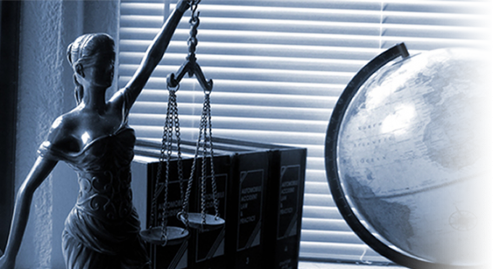“This Article endeavors to catalog and resolve cases involving competing free speech values, and then applies its solutions to violent and disruptive protests. Almost every First Amendment case can be framed as implicating free speech values on both sides of the First Amendment equation. Government action directly abridges speech, but government inaction may allow private parties too much control over others’ speech. First Amendment doctrine, which generally protects speech only from suppression by state actors, can thus compromise the very free speech values that form the rationales for the First Amendment. Scholars and litigants have argued that government regulation of speech, to preserve free speech values, is necessary in areas ranging from campaign finance, to access to media resources, to bigoted speech. This Article argues that strict adherence to a formal state action doctrine should resolve most, but not all, clashes between free speech doctrine and values. A robust application of the state action doctrine—where government interference to preserve speech values is not considered as part of the First Amendment calculus—also best advances both formal and substantive First Amendment equality. This Article proceeds in three parts. First, the Article chronicles the Supreme Court’s approach to cases involving competing free speech values. The Article then demonstrates why the state action doctrine, with its associated formal equality and neutrality principles, will ultimately advance free speech values. Finally, the Article considers political protests, and distinguishes between prosecution of violent protesters, which should be encouraged, and legislation criminalizing disruptive protest tactics, which may be unconstitutional.”

